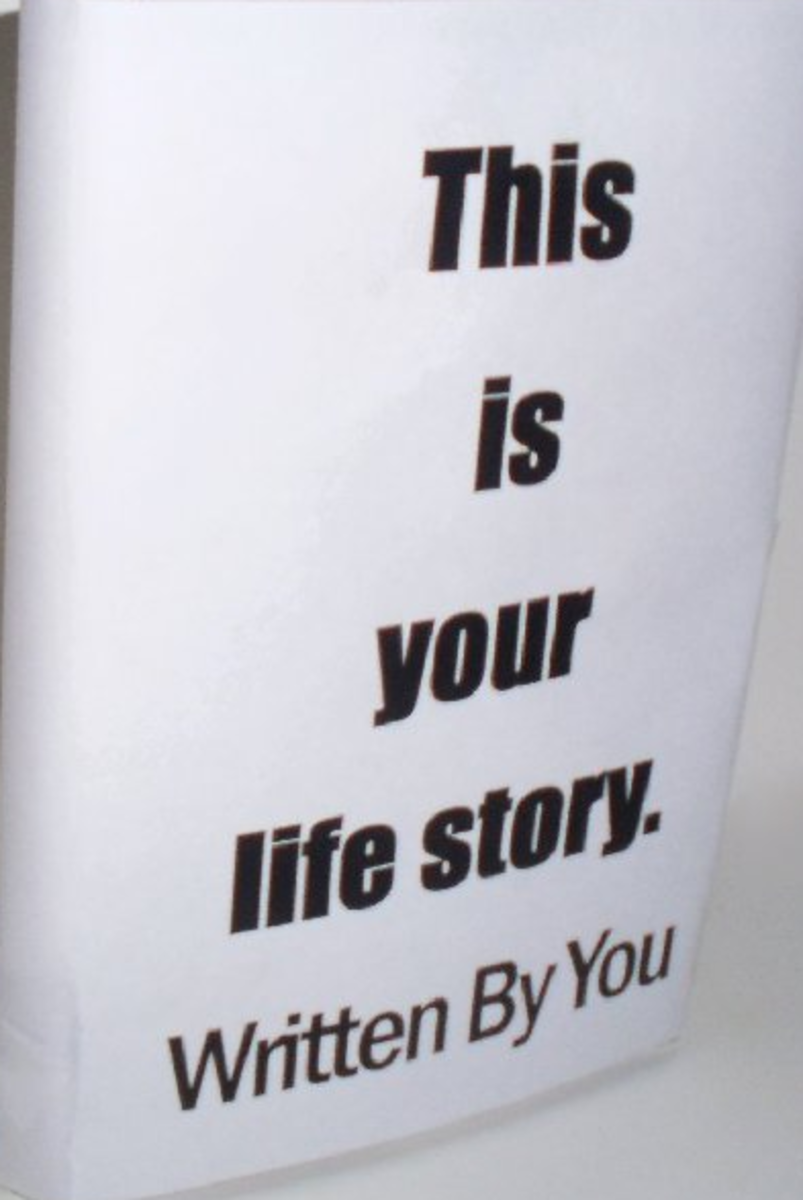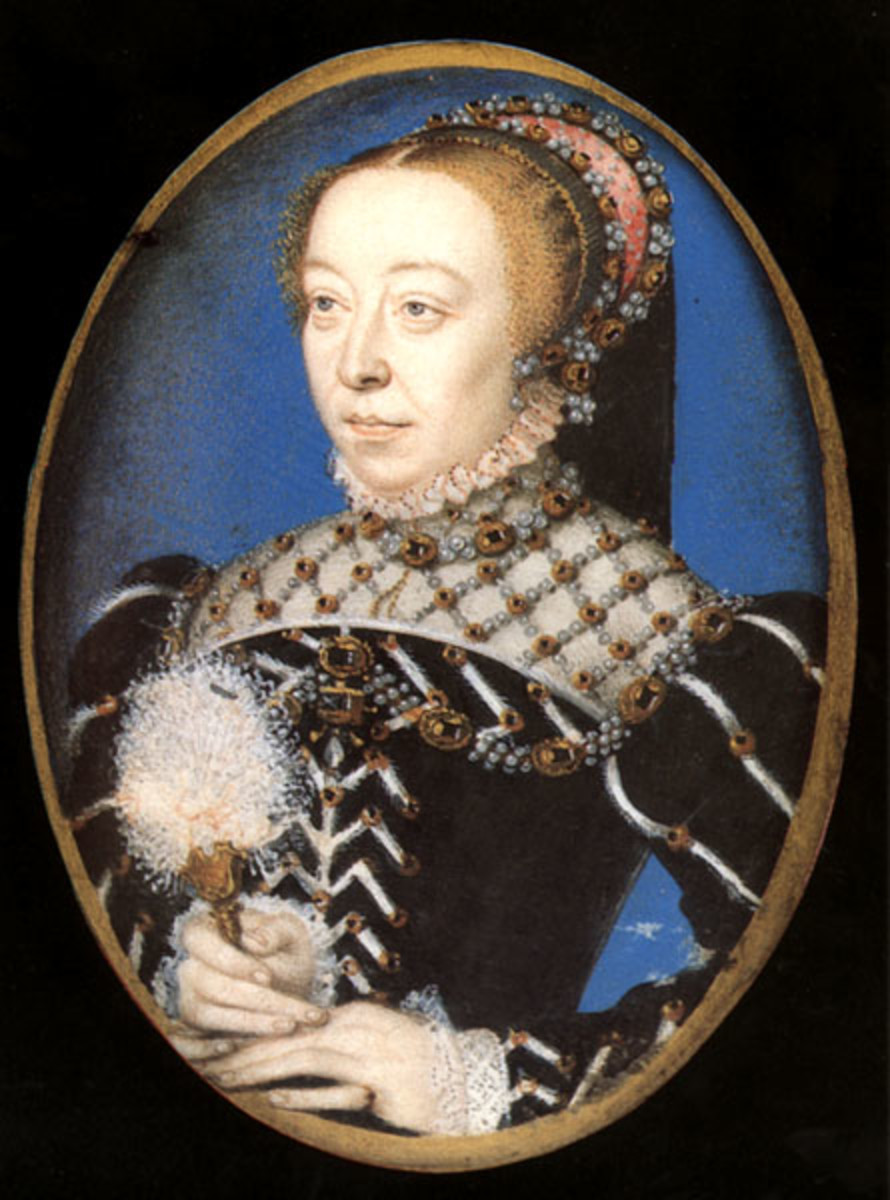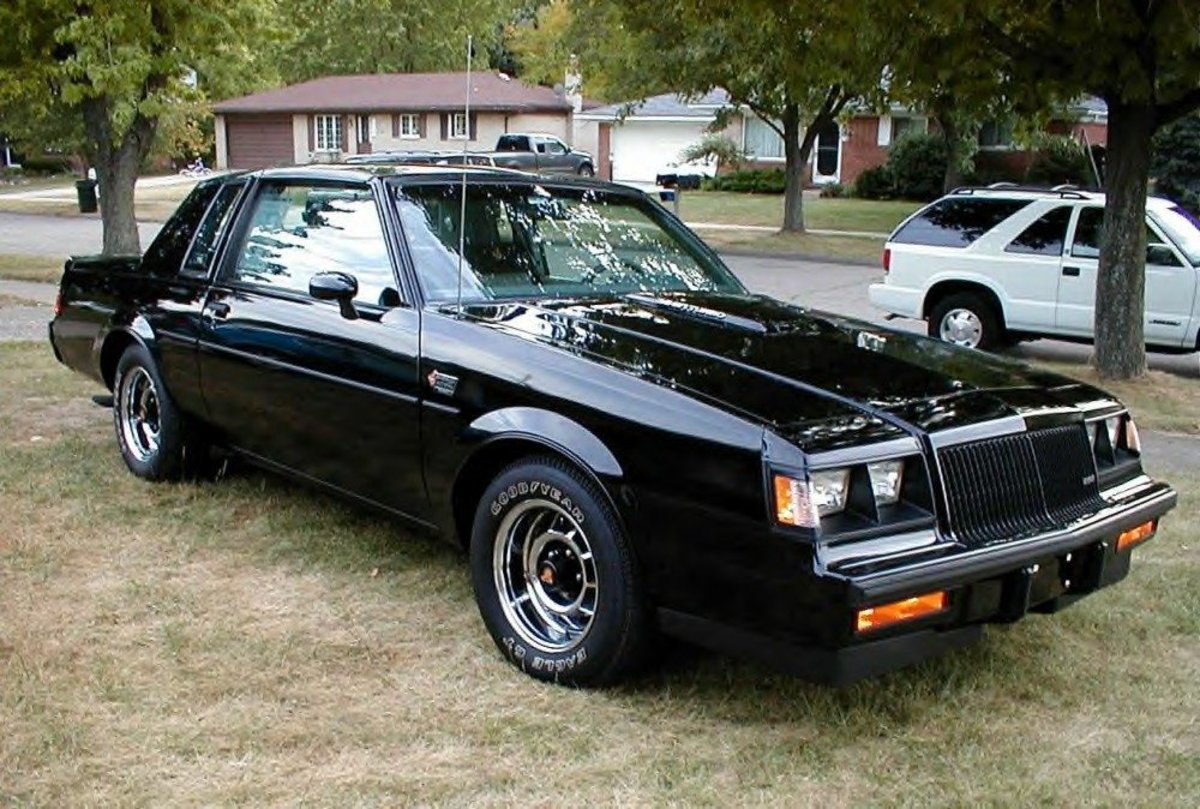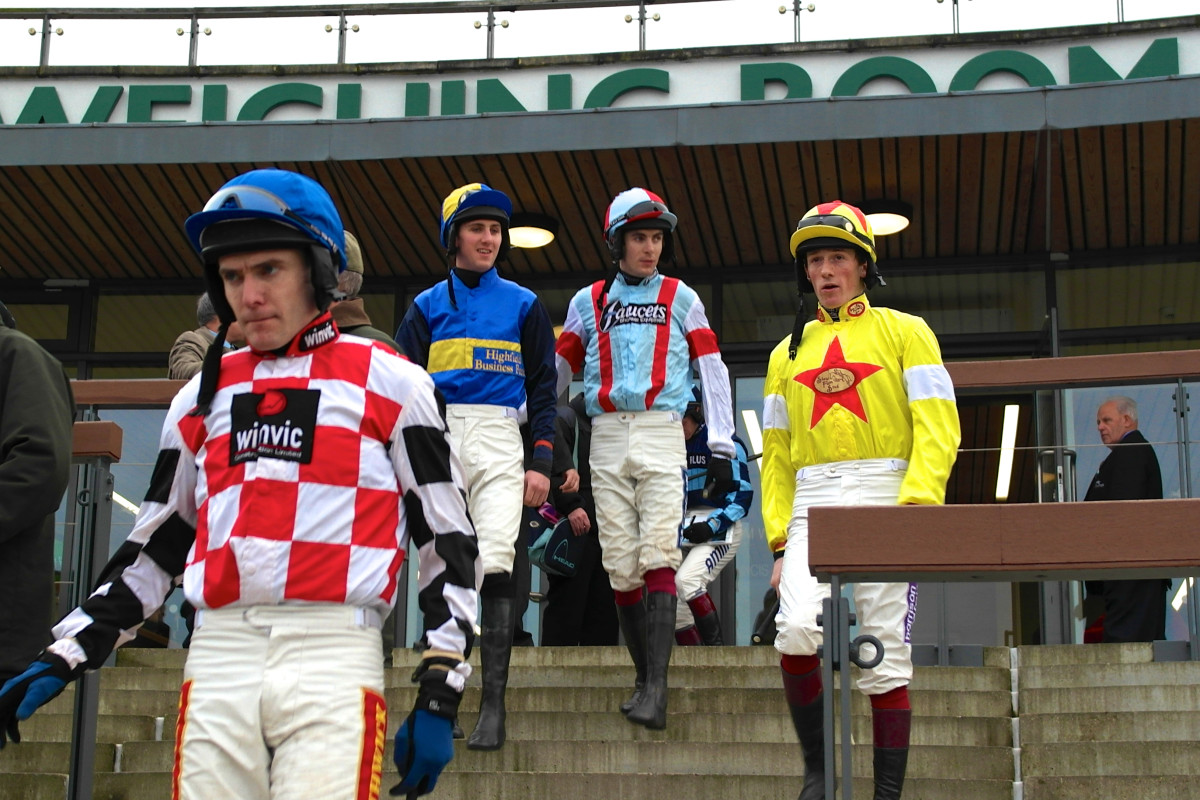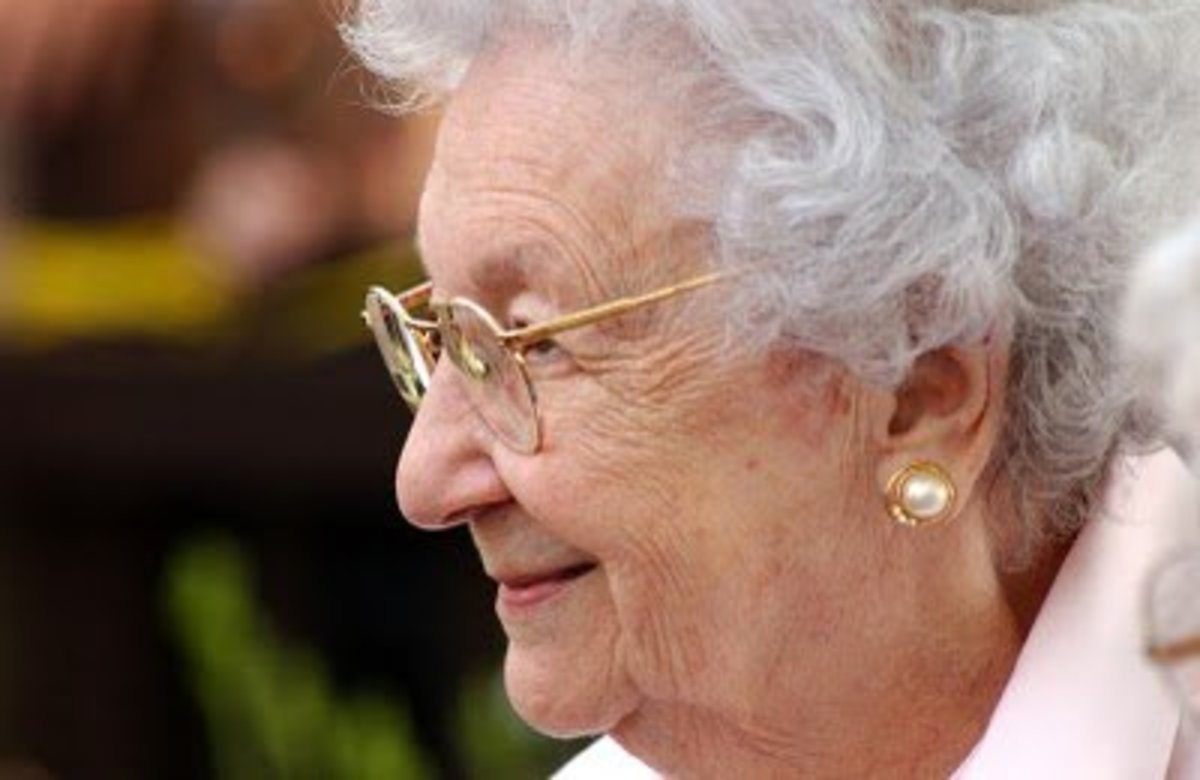- HubPages»
- Books, Literature, and Writing»
- Books & Novels»
- Nonfiction
Dick Francis Part Four: Riding the Queen's Horses Before the Writing Life
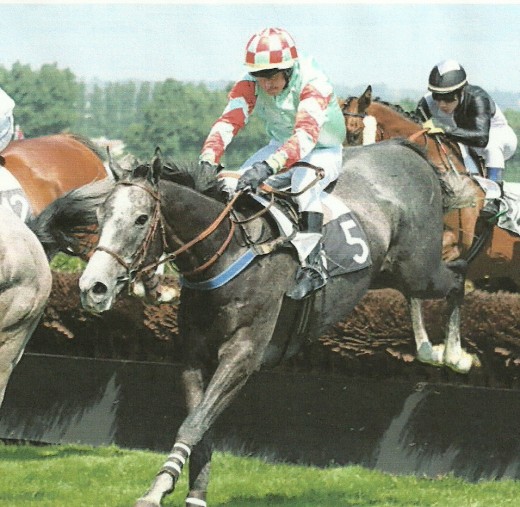
His father was a professional steeplechase rider and stable manager who introduced Dick Francis to racing. As a professional jump jockey himself until the age of 36, Francis was a winner in more than 350 races, but it was his devastating defeat in the 1956 Grand National steeplechase on the Queen Mother's horse Devon Loch which stamped him with riding notoriety.
Francis, who died in February of 2010, painstakingly described the awful event in his autobiography, The Sport of Queens, published in Britain in 1957. (A revised edition hit the bookshelves in 1974.)
Defeat at The Grand National
"A post-mortem one day may find the words 'Devon Loch' engraved on my heart," Francis wrote in his autobiography. No other horse, he claimed, brought him "such delight and such dispair" as Devon Loch.
Francis said he believed Devon Lock to be "as clever as he looked" when he first rode him. The Irish-bred Devon Loch had "the spring and the sense" needed to raise him to the pinnacle of success, Francis said. The jump jockey had opportunties to partner with Devon Loch in several races before the 1956 Grand National, and nothing the big gelding did detracted from Francis' confidence in him.
Although the Grand National is the most sought after victory in Great Britain for jump jockeys, Francis named it "usually...more of a worry than a pleasure to anyone riding in it". In 1956, the ride for Francis was a pleasure until the very end.
Leading the gruelling 30-jump race, Francis described the feeling of his ride with just fifty yards of straight away left to finish to win the Grand National: "Never had I felt such power in reserve, such confidence in my mount, such calm in my mind". Devon Loch cleared the final fence "as stylishly as if it had been the first".
Then Francis's mount unaccountably belly-flopped. Devon Loch went down with all four legs extended outward and, apparently uninjured, popped back up. But the race was lost.
Despite all explanations offered to account for Devon Loch's fall, none ever could bring the shocking event to satisfactory closure. And Francis was forever saddled with the loss as one of the most notorious in Grand National history.
A disappointed Queen Mother was nevertheless gracious. "That's racing, I suppose," she told Francis when the rider struggled to express to her his regret.
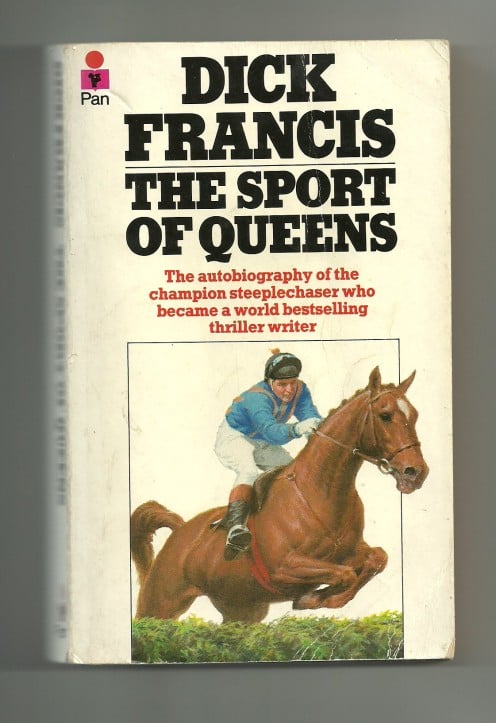
"The Good Years"
In his autobiography, Francis spoke of "The Good Years" (Chapter Ten) riding for the Queen Mother in his first season aboard M'as-Tu-Vu, the only steed in training for the royal box at the time. When Francis and M'as-Tu-Vu won for the first time with the Queen Mother in attendance, it took Francis a moment, or two, he said, to realize all the cheering was for a Royal win. All the joy, of course, was for the horse and the Queen Mother. Wins were never about the rider. "...nevertheless," he stated, "it was exciting to hear and be part of".
Francis observed that it is "as difficult for queens as for anyone else to buy a really good horse". In Francis's five years riding for the royals, Devon Loch was an empire. An injury, however, had kept the gelding out of racing for two years, and he was not in training in Francis's first year with the Queen Mother's stable.
M'as-Tu-Vu was successful in small races before Double Star became part of the royal racing barns and posted numerous victories. In 1954, two years away from Devon Loch's debacle at the Grand National, Francis earned his Champion Jockey trophy. But he believed his resume still to be wanting without a Grand National win.
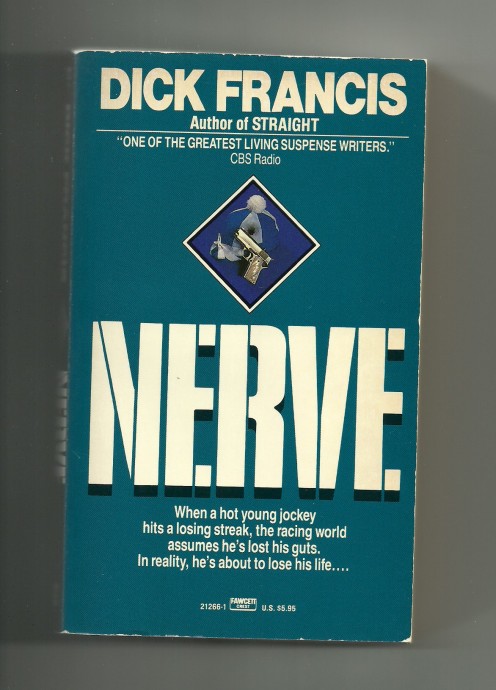
A shoulder dislocation plagued Francis in the final years of his steeplechasing rides to the point that he needed to wear a wrapping around his left arm to anchor it firmly to his shoulder during races. His best chance to win the Grand National title dissolved with Devon Loch, and like Devon Loch, Francis had absorbed too many hard miles to continue. He was forced to retire from the racing circuit by the end of 1956.
A whole new success, however, was just around the corner for Francis.
Writing Instead of Racing
Francis traded in his saddle for a pen, agreeing to write a steeplechasing review column for the Sunday Express while also working on his racing autobiography. In 1962, putting his experiences to the genre of mystery fiction, he published his first novel. It was followed by a second effort in 1964 titled Nerve, and his mystery/thriller writing career steadily began to gain admiring fans.
In his autobiography, published before Nerve, Francis had spoken of jump jockeys as men of ruthless nerve who put themselves in precarious positions to win races, men he never had known to lose their nerve. That sentiment, as well as many others on the life of jump jockeys and steeplechasing, carried over into his fiction writing.
Francis certainly never lacked nerve, or the courage to take up a whole different life style after his rides ceased. As a mystery/thriller author, he won many awards while writing a book every year from 1964 through 2000, and again from 2006 to 2010. His fans still grow in adoration for the consummate gentleman who rode with nerve and wrote with colorful, honest passion.
His wife, Mary, who died in 2000, was Francis's research partner in his writing career, and recently, his son Felix has taken up the continuation of Francises writing fiction.
- Dick Francis Jockey and Master of the Bad Boy Adverb and Bang Bang Beginnings
Great Britain's Dick Francis, jockey turned novelist, wrote bestselling thrillers for five decades. As a wordsmith, his adverbs and strings of adjectives are unique.


